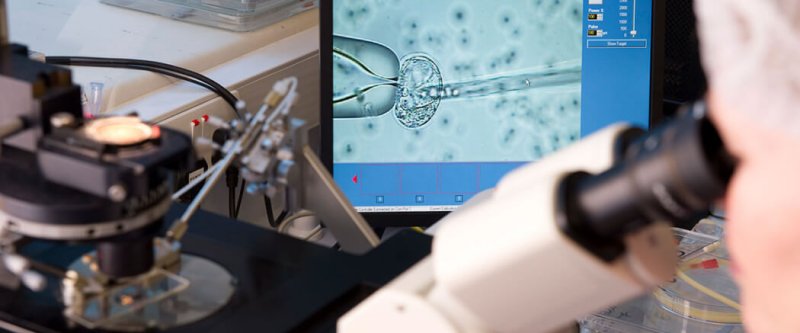Heritable genome editing (HGE) of the human germline has potential as a niche assisted reproductive technology. If it can be perfected, men and women who carry genetic mutations may eventually be able to edit their gametes or embryos and have healthy offspring. Unfortunately, a reckless scientist – Dr. He Jiankui – has already used this as yet unperfected technology to bring about the births of children with modified genomes. In response, some experts have demanded a global moratorium with international oversight.
…
In this article, I have argued that a global moratorium is inadvisable for three reasons. The moratorium might encourage participating nations to ban HGE or postpone it indefinitely. It might deter or delay basic research that could lead to safe and effective HGE. Lastly, a moratorium might induce participating nations to adopt laws and regulations that stigmatize the children who are destined to be born with genomic modifications in any event. My alternative proposal is that nations should regulate HGE for safety and efficacy only and without distinguishing between therapeutic and enhancing modifications.
Read full, original post: Heritable Genome Editing and the Downsides of a Global Moratorium































